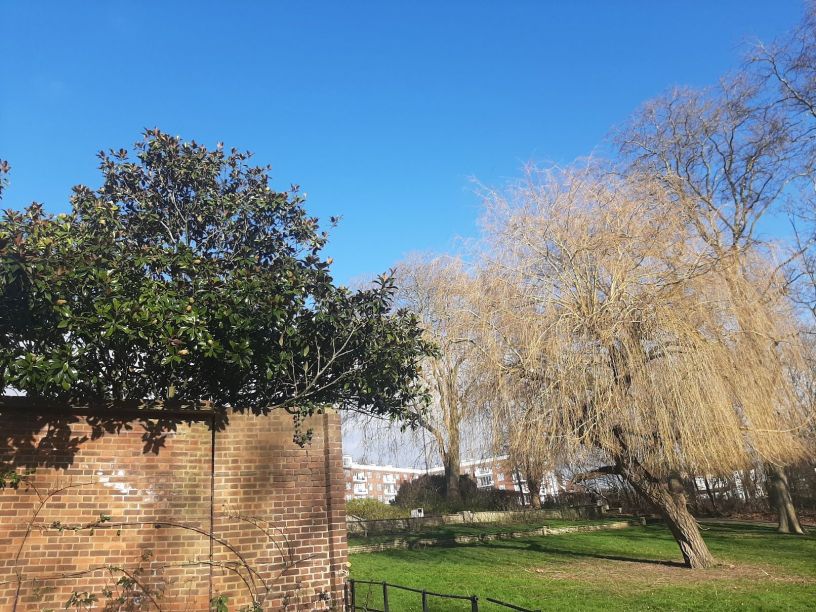Yesterday, I read in the Guardian a letter about a forthcoming father’s fear and adverse reaction at the news that his long term partner is pregnant, wishing to run away, escape the situation of fatherhood. Since this is a subject dear to my heart, even though I don’t have any children of my own, I often took care of – well my siblings and mother first and then of many other children along the way. And I always wondered what would happen if I had my own child / children… Maybe those of us whom faith didn’t reward with children of their own, always wonder deep down from time to time – what would’ve happened…? Maybe we go from grief to ease back and forth – on and on…? Well, I know I do.
I was around lots of parents and children and have observed a lot even before I was able to speak…, I feel. These are my observations of many decades:
What are we projecting onto our child?
The answer typically is our own feelings that formed in our own childhood and that belong to us and not to the newborn baby, who was never even there when our own experiences originally happened.
Adverse feelings
Having a child may be a good, in fact a great opportunity to learn who we are, and more deeply so. Because, having a baby would trigger for both parents what happened to them at those same stages of infancy and childhood (or even how it was for them in utero, as it seems to be doing to the man in the Guardian’s article)… Possibly making them want to push away the child when those feelings they don’t wish to know about surface – they don’t just surface, but may appear to blow, overwhelm,… suffocate… Yet they are just feelings like all humans feel – only in more terrifying quantities and intensity. But since they are just the same feelings – they can be tackled one bit at a time – from the outskirts of their volume in, gently, gradually…, at the pace that we optimally are able to.
Turning Point
To me, the key here would be to make a conscious choice to ask – what is this trying to say to me…? My sudden adverse, hard feelings towards my child – that so easily could flare out of control, the key – the turning point – is to ask: what are they about for me, what are they showing me about my own infancy – what might they mean… for me…? When adverse emotional states threaten to overwhelm the parent, instead of pushing them away and projecting them onto the seeming culprit – the baby – to realise these feelings are mine to get to know, experience and thus release.
The minute we do this we start winning – because now we have a good chance to understand ourselves better, heal the hurt, which we have carried inside ever since – suffocating us, preventing us from being who we actually are. And of what our true potential, yet to be realised is. Emotionally, relationally and in all that life fully is about.
Overprotecting, overcompensating our baby for the hurt we suffered as child
At the other end of the spectrum, a parent injured in childhood, may want to compensate their child for the suffering they themselves have suffered in their own childhood. In both cases the parent projects that inner hurt into their child – seeing the child as the culprit, causing them their hurt, or the victim of the hurt from their own childhood when they were the actual victim, themselves. But the child is neither of those – he or she is just a child who is neither the perpetrator nor the victim – just a child to grow up in love and mutual reciprocation of love and life together with her/his parents. The baby doesn’t need compensating for our hurts, we, the parent, does – by working it out as our own issue. Therefore the same as above applies, when a parent wishes to be over-protective – to ask what is this about in my own inner self – for that is the only place where it can be viewed, witnessed, looked at…, and healed…
Combination of the two
There can also be a combination of these two approaches. Such as that for some inner hurts a parent uses one approach and for some others the opposite approach. Depending only on own issues and how they have been labelled or mis-labelled inside – thus projected onto the child, instead owned.
In this way, bringing up a baby can help us to help ourselves as well as to be the parent that we wish we could be, all things being in place to support us.



Interestingly, my last wife never had kids, and never wanted kids, it always perplexed me. She did not want to be around kids. Nothing wrong with that.
I never wanted kids and expressed that early and often. Seriously abused kids fear being a parent, we have no clue what raising a child looks or feels like.
My wife decided on her own to stop taking the pill, secretly and have kids anyway. I tried my best to be a good father, I was overprotective
When the marriage broke up, she fled to another state with the kids. It was devastating
Many years later I live with my daughter and three grandkids, helping them out. Picking a mate was disastrous for both of us, we see the generational impact and continuation of dysfunction.
Having kids solves none of our issues and may create enormous stress and pressure on abused kids as adults
I found out my ex wife neglected my kids and their childhoods with her was borderline abusive.
It brought great sorrow to know my kids had to endure this after my childhood.
I am a much better grandpa than I was a father
Parenting through divorce is no picnic when one parent is dysfunctional and manipulative.
I would change so many things in the past
LikeLiked by 2 people
Having kids solves no issues, definitely not. It magnifies them… hence could be useful to look at them, witness, experience – and this I find does heal. Of course we may not be able to change all the generational hurt that went on and on, yet, if we make a start – in my book, it’s already wonderful, for it changes things. This may then allow the following generation to do a bit more and so on… To gradually undo and grow ourselves gently. No pressure, just as we can…, for when we can. Changing the direction of the generations, and which way we are going…
I recall you wrote some time ago, it’s a battle – it really is. And if we make the good fight in the best way we can – that’s all that matters.
I am glad to hear you enjoy your family now. Grandkids are much easier to handle. ..
LikeLike
Nice post.I subscribed. Have a happy day🍀☘️⭐️💝
LikeLiked by 1 person
Why, thank you, Sir 🙂
LikeLiked by 1 person